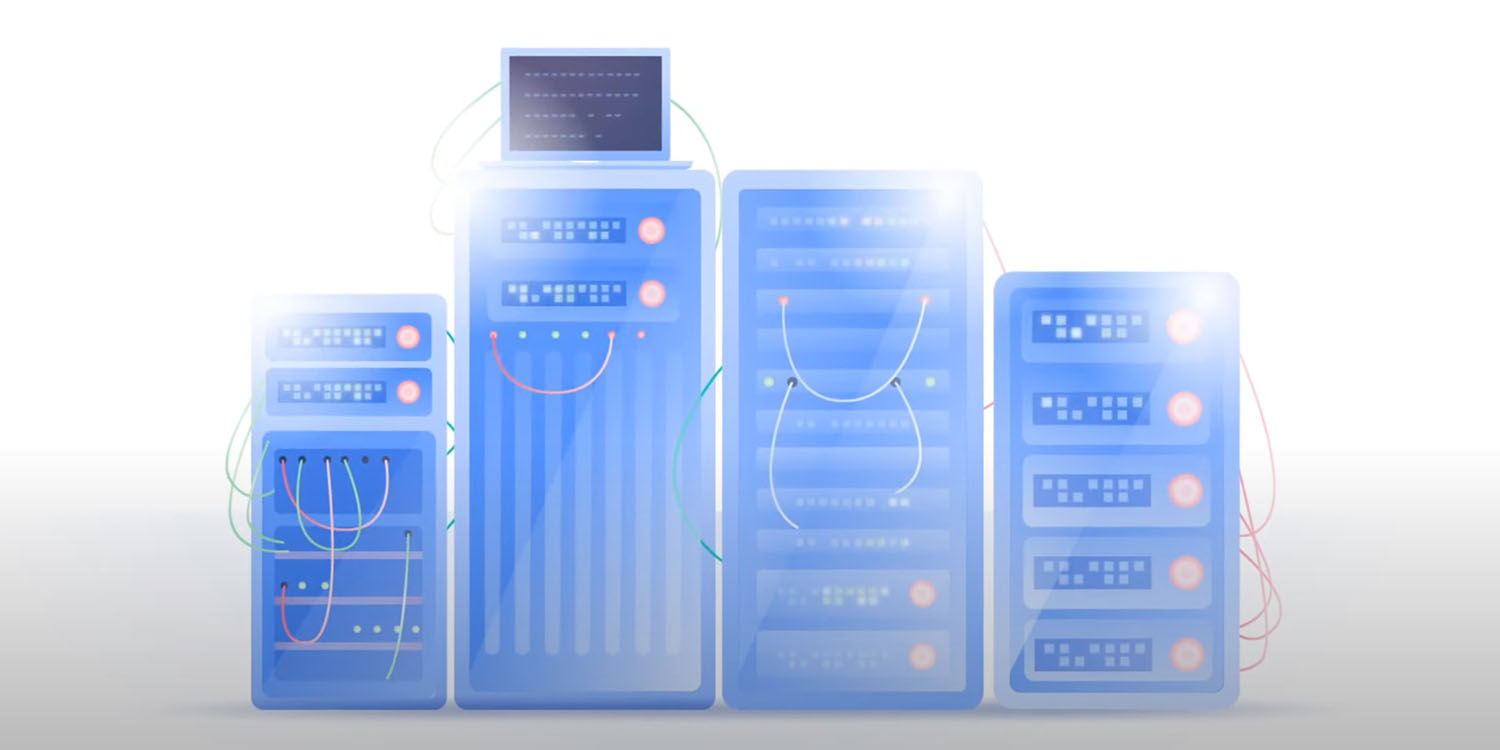
Obfuscated servers are the latest weapon in the battle between internet users wanting to protect their privacy, and governments and private companies seeking to detect and block VPN usage …
VPN services are a great idea when using a public hotspot or non-trusted internet connection. Less than $100 will buy a bad guy the equipment they need to carry out a man-in-the-middle attack – where they spoof a public Wi-Fi hotspot and intercept the traffic. Some of these devices are even small enough to be disguised as a power plug, meaning they could be left in a coffee shop happily collecting data to be later retrieved by the attacker.
VPNs can also be handy when traveling, to access websites and apps that might be banned in the country. Others use them to bypass geo-blocks imposed by streaming video companies and others.
But while a VPN connection means that your internet traffic is encrypted, and neither your ISP nor anyone intercepting your traffic can see which sites you are accessing, there is one weakness: It’s possible to see that you are using a VPN.
Countries like China that ban the use of VPNs can then use firewalls to block your connection. Some streaming video services also detect VPNs and stop you from using them to watch videos outside authorized countries.
Enter the latest weapon in the escalating battle: obfuscated servers.
Obfuscated servers
NordVPN is one of a number of companies to offer this latest level of protection.
Obfuscated servers are specialized VPN servers that hide the fact that you’re using a VPN to reroute your traffic. They allow users to connect to a VPN even in heavily restrictive environments.
When you connect to a regular VPN server, your ISP can’t see where you go online. But it knows that you’re using a VPN from the way your data looks. However, if you connect to an obfuscated server, it changes your data packets. Therefore, tools that are meant to block VPN traffic let it pass.
Using obfuscated servers isn’t recommended as a routine measure. The additional steps needed to disguise the fact that you’re using a VPN involve an overhead that effectively reduces your bandwidth.
Instead, NordVPN suggests choosing an obfuscated server only when needed: in countries where VPN usage is banned, or when a service blocks VPN traffic.
If using NordVPN, going into Specialty Servers and selecting Obfuscated will automatically connect you to the fastest one. If you need to spoof being in a particular country, click the three dots next to Obfuscated and then choose your country. Check out the quick video guide below.
FTC: We use income earning auto affiliate links. More.



Comments